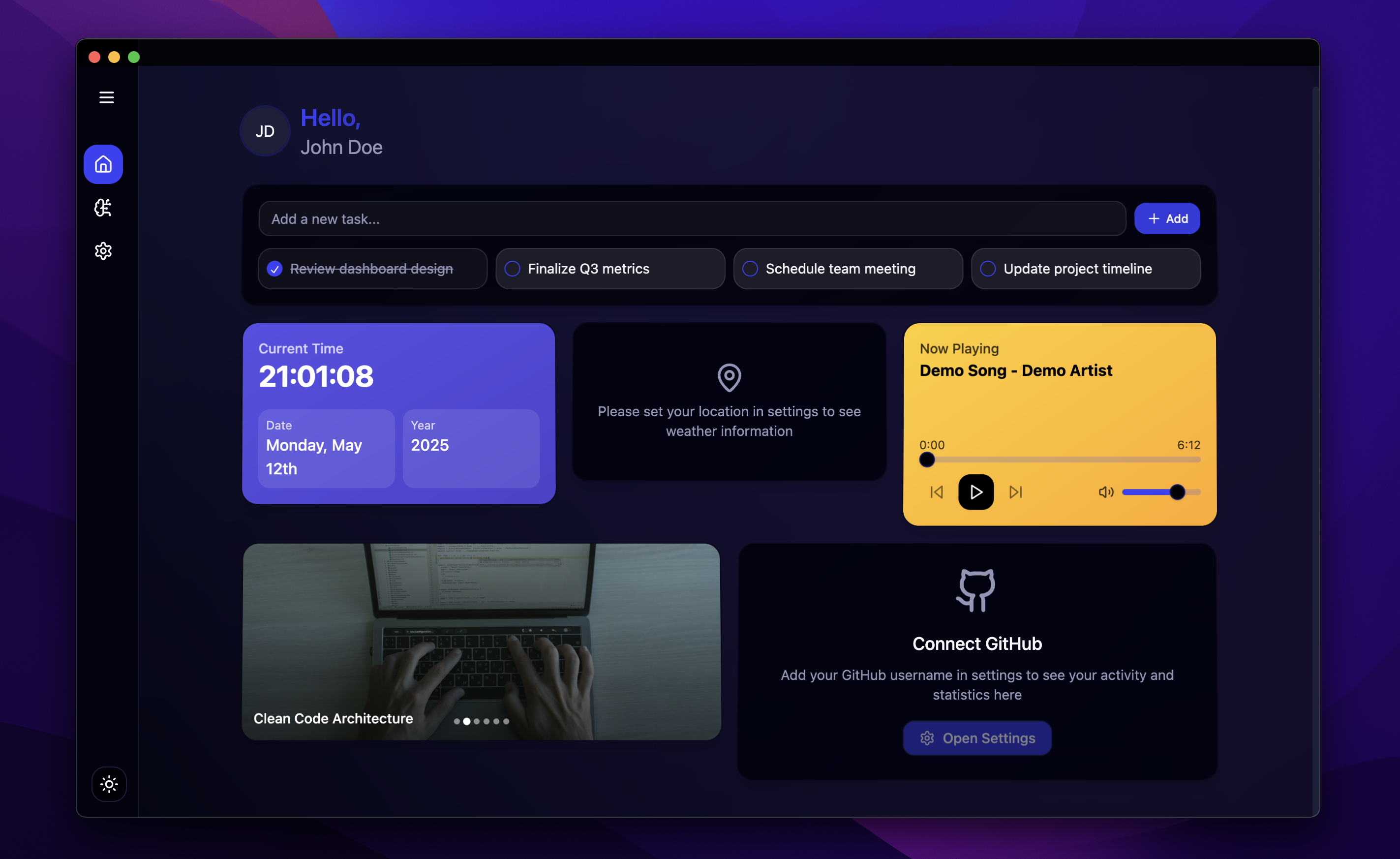About
MCP Desk is a cross‑platform Electron application that lets users connect to and manage MCP servers. It offers an AI agent chat interface, tool‑calling capabilities, and easy import/export of settings.
Capabilities

MCP Desk is a purpose‑built desktop client that brings the power of the Multi‑Capability Platform (MCP) into a single, cross‑platform application. By leveraging Electron, React, and TypeScript, it offers developers a streamlined way to connect to any MCP server, configure agent settings, and interact with AI models that can call external tools. The core problem it solves is the friction developers face when integrating MCP servers into their workflows: without a dedicated client, they must write boilerplate code to handle authentication, request formatting, and UI rendering. MCP Desk removes that overhead by providing a ready‑made interface that handles the intricacies of the protocol and presents a clean, conversational experience.
At its heart, MCP Desk functions as an MCP client. It uses the library to establish a persistent connection with an MCP server, automatically negotiating capabilities such as resources, tools, and sampling options. Once connected, users can launch a chat interface that feeds messages to an AI agent hosted on the server. The agent, powered by LangChain and OpenRouter models, can invoke external tools—ranging from simple APIs to complex data pipelines—directly within the conversation. This tight integration allows developers to prototype and test AI‑driven workflows without leaving the desktop environment.
Key features include:
- Cross‑platform desktop experience: Runs natively on Windows, macOS, and Linux with a consistent look and feel.
- Modern UI stack: Built on React with Shadcn UI components and Tailwind CSS for rapid, maintainable design.
- Configuration management: Users can import/export MCP settings, tweak model parameters, and switch between multiple server endpoints.
- Tool‑aware chat: The conversation panel automatically displays available tools and their usage, enabling developers to see how the agent interacts with external services in real time.
- Model selection and tuning: Quickly switch between different OpenRouter models, adjust sampling strategies, and monitor token usage directly from the interface.
In real‑world scenarios, MCP Desk shines when developers need to iterate on AI agent behavior or test tool integrations. For instance, a data engineer can connect the client to an MCP server that exposes database querying tools, then walk through a conversation that retrieves and visualizes data—all within the same window. A product manager might prototype a customer‑support bot that calls an internal knowledge base API, observing how the agent handles tool failures or fallbacks. Because the client is self‑contained and scriptable, teams can embed it into continuous integration pipelines or local development environments to ensure consistent behavior across deployments.
Ultimately, MCP Desk offers a stand‑out advantage: it abstracts the complexities of MCP communication while delivering an intuitive, interactive front end. Developers can focus on refining agent logic and tool definitions rather than building custom UI or networking layers, accelerating the time from concept to production.
Related Servers
MindsDB MCP Server
Unified AI-driven data query across all sources
Homebrew Legacy Server
Legacy Homebrew repository split into core formulae and package manager
Daytona
Secure, elastic sandbox infrastructure for AI code execution
SafeLine WAF Server
Secure your web apps with a self‑hosted reverse‑proxy firewall
mediar-ai/screenpipe
MCP Server: mediar-ai/screenpipe
Skyvern
MCP Server: Skyvern
Weekly Views
Server Health
Information
Explore More Servers
Filesystem MCP Server
Secure, Ruby‑based file system operations via MCP
Ragflow MCP Server
Lightweight RAGFlow MCP for quick prototyping
Taiwan Air Quality MCP Server
Real-time & 24‑hour Taiwan AQI data via PHP
MCP MongoDB Server
LLM-powered interface to MongoDB with smart ObjectId handling
MCP Prometheus Server
Haskell MCP server for seamless Prometheus integration
MCP Mediator
Generate MCP Servers from existing code automatically